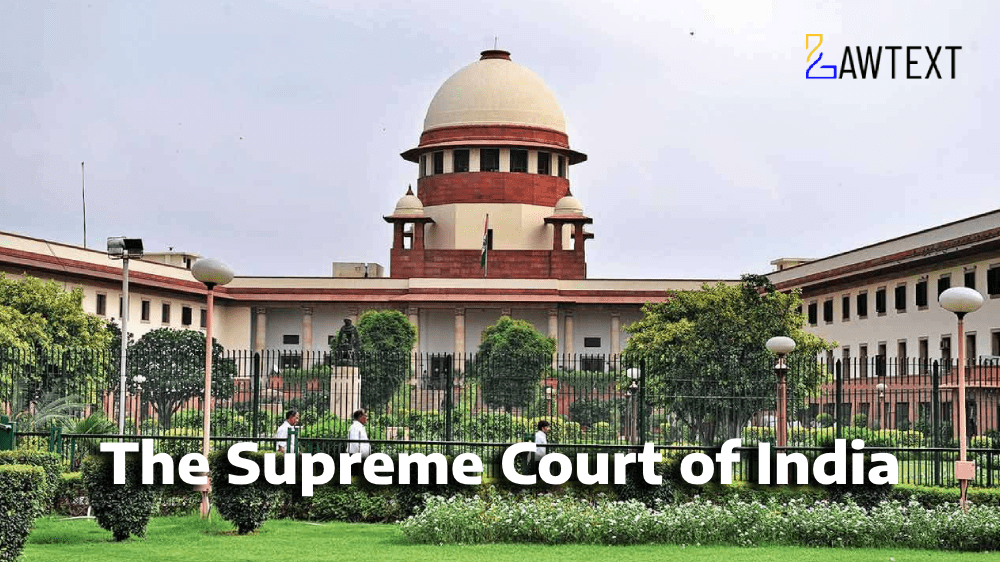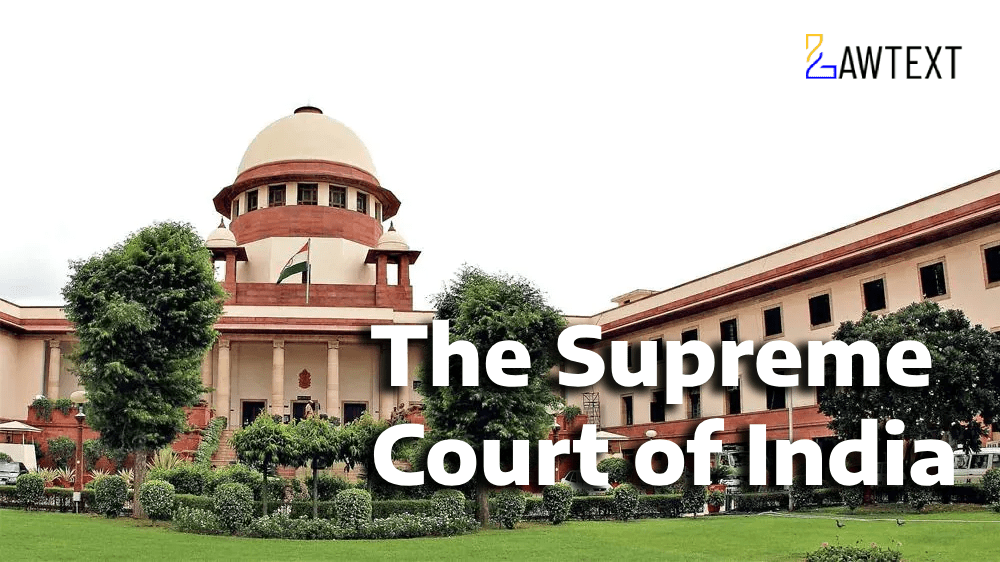Case Note & Summary
This Judgment pertains to a legal discussion surrounding arbitration under the Arbitration and Conciliation Act, 1996, particularly focusing on the referral of disputes to arbitration despite the execution of a full and final settlement through a discharge voucher. It emphasizes the principles of separability of arbitration clauses, minimal judicial intervention, and the authority of arbitral tribunals to decide issues such as coercion or undue influence in settling disputes. Key cases and legislative amendments are cited to underscore the courts' approach in upholding the autonomy of arbitration agreements and expediting dispute resolution.
Introduction
Overview of the Arbitration and Conciliation Act, 1996. Context of the document: Disputes arising from full and final settlements and the role of arbitration.Doctrine of Accord and Satisfaction
Definition and significance based on Payana Reena Saminathan v. Pana Lana Palaniappa (1913-14) 41 IA 142. Discharge of contractual obligations and its implications on arbitration clauses.Survival of Arbitration Agreement
Argument that full and final settlements do not necessarily invalidate arbitration clauses. Application of the doctrine of separability (Section 16 of the Arbitration Act, 1996).Judicial Interpretations
Heyman v. Darwins Ltd. and other landmark cases reaffirming the survival of arbitration agreements. Examination of National Insurance Co. Ltd. v. Boghara Polyfab Pvt. Ltd. and New India Assurance Co. Ltd. v. Genus Power Infrastructure Ltd. for precedence.Scope of Judicial Review Under Section 11(6)
Definition and constraints imposed by Section 11(6-A) regarding the referral court's powers. Cases such as Dicitex Furnishing Ltd. and In Re: Interplay Between Arbitration Agreements under the Arbitration and Conciliation Act 1996 and the Indian Stamp Act 1899.Recent Legal Developments
Impact of decisions like Mayavati Trading Pvt. Ltd. v. Pradyut Deb Burman and Vidya Drolia & Ors v. Durga Trading Corporation on judicial scrutiny. Emphasis on minimizing judicial interference to expedite arbitration proceedings.Conclusion
Upholding the appointment of arbitrators despite claims of accord and satisfaction. Direction for parties to proceed with arbitration as per the arbitration clause. Recognition of the evolving principles in arbitration law and the need for clarity in future applications.This Judgment provides a structured overview of the legal principles and case law discussed in relation to arbitration disputes arising from full and final settlements, emphasizing the judicial approach to uphold arbitration agreements under the Arbitration and Conciliation Act, 1996.
Issue of Consideration: SBI GENERAL INSURANCE CO. LTD. VERSUS KRISH SPINNING
Premium Content
The Issue of Consideration is only available to subscribed members.
Subscribe Now to access critical case issues





